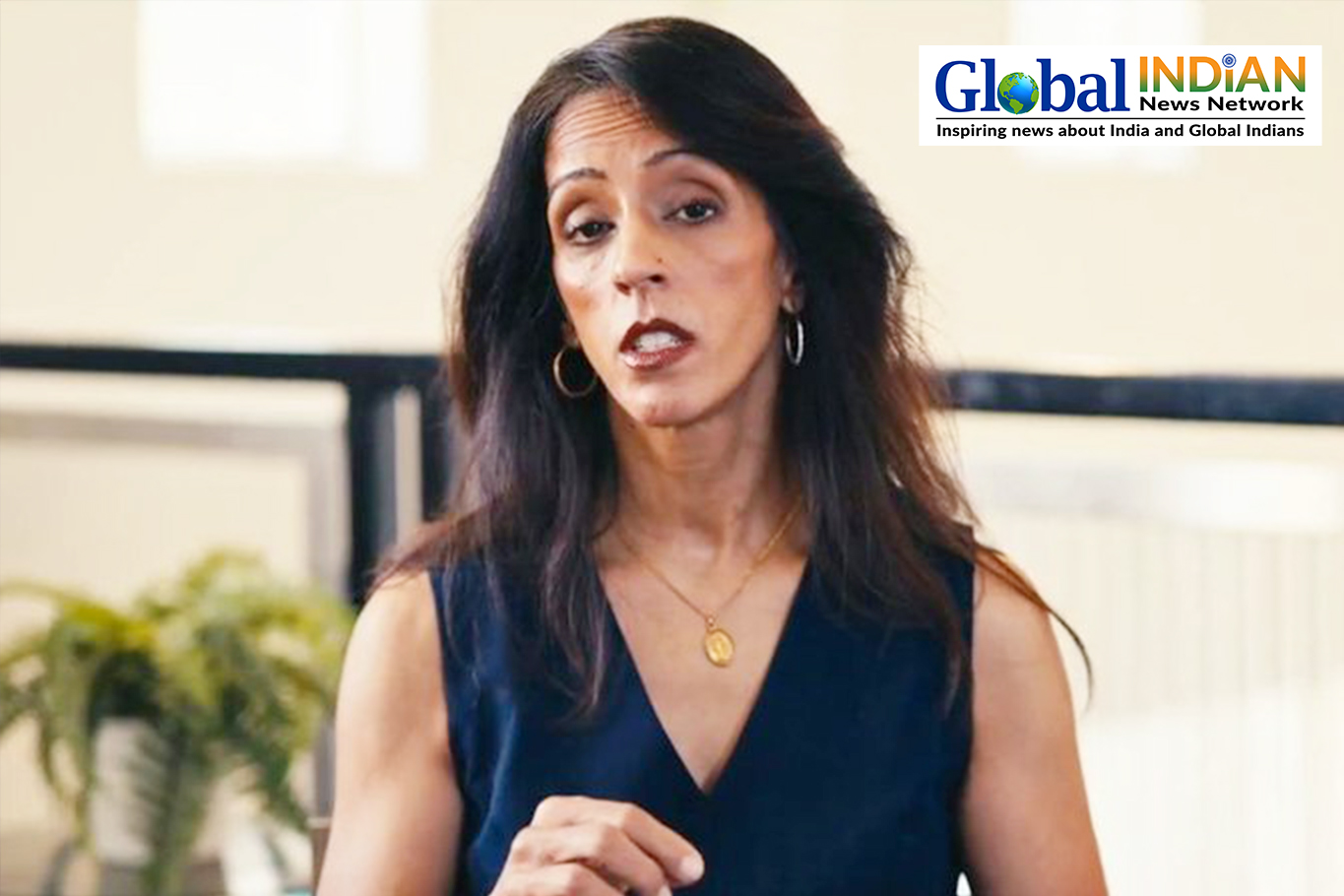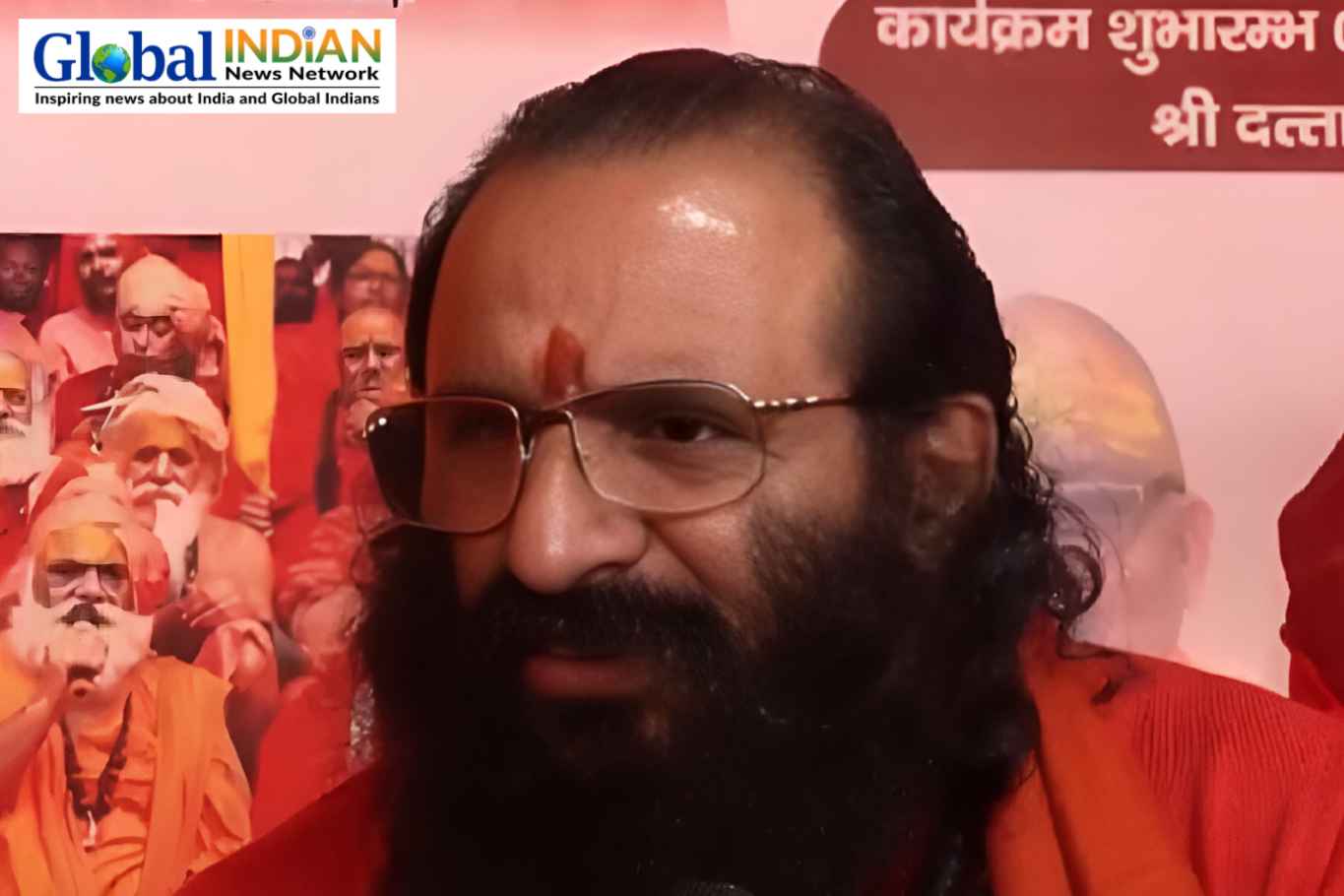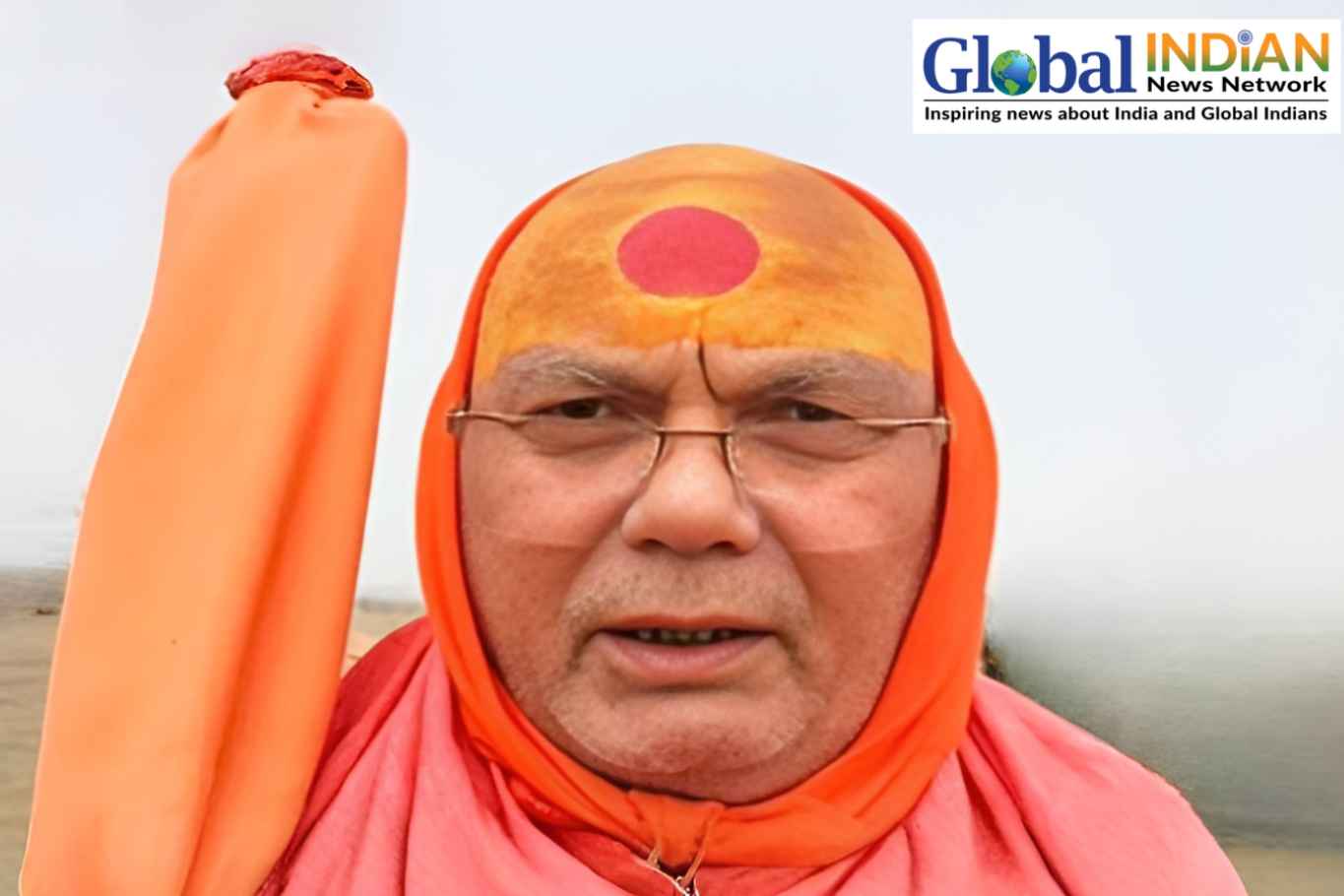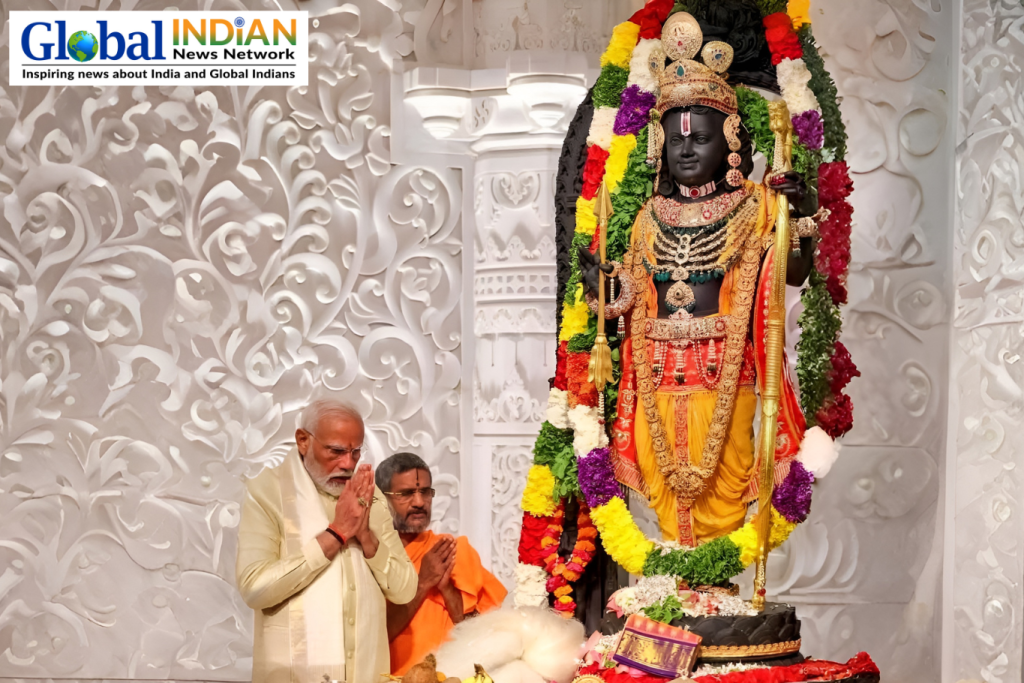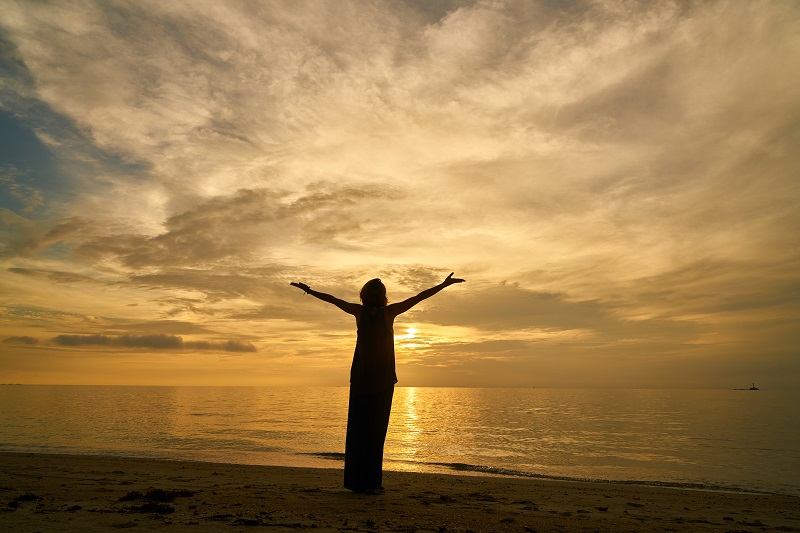
The constitution of Mauritius prohibits discrimination based on religion and guarantees individuals the right to freely change, practice, and propagate their religious beliefs. Seven religious groups – Hindus, Roman Catholics, Muslims, Anglicans, Presbyterians, Seventh-day Adventists, and The Church of Jesus Christ of Latter-day Saints – are officially recognized by the government, while other religious organizations must register as associations.
The population of Mauritius is estimated at 1.3 million. According to the 2011 census, approximately 48 percent of the population identifies as Hindu, 26 percent as Roman Catholic, 17 percent as Muslim, and 6 percent as non-Catholic Christian, including various denominations like Seventh-day Adventists, Anglicans, and Pentecostals. The remaining 3 percent comprises Buddhists, Baha’is, animists, and those with no religious affiliation. The Jewish community is small, estimated at 100-200 individuals.
Religious affiliation in Mauritius often aligns with ethnicity and influences political and socioeconomic status. People of Indian descent predominantly adhere to Hinduism or Islam, whereas those of Chinese ancestry commonly follow Anglicanism, Buddhism, or Catholicism. Creoles (of African descent) and individuals of European descent are primarily Roman Catholic. Political party membership can also correlate with religious identity.
Despite efforts by the Assembly of God, a Pentecostal denomination, to gain official recognition as a religion for over 20 years, the government has not granted their request. The denomination remains categorized as an association, which limits its legal status and affects practical matters such as birth registrations and pastoral access to institutions like hospitals and prisons. The government’s reasons for not extending recognition are unclear, but there are indications it may be related to concerns over religious conversions from Hinduism to Pentecostalism.
Throughout the year, the U.S. embassy in Mauritius used social media to promote religious tolerance and respect, particularly on religious holidays. This effort aimed to underscore the importance of religious freedom and inclusivity in Mauritian society, despite ongoing challenges related to legal recognition and broader religious rights.

